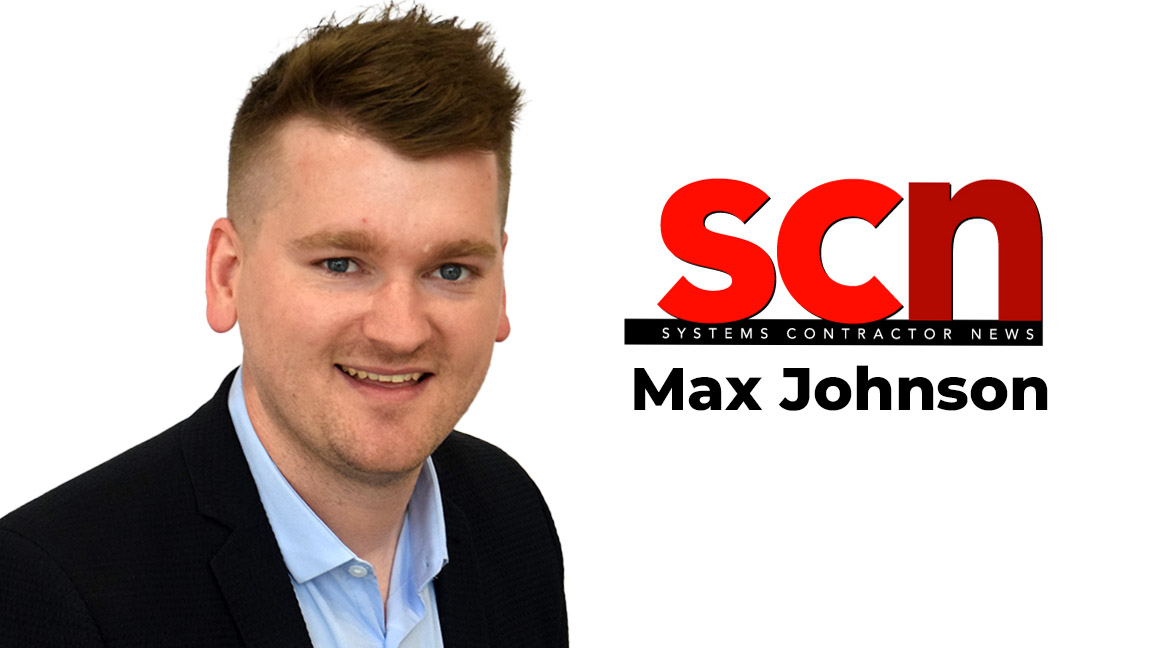The Revolution Will Be Amplified
A daily selection of features, industry news, and analysis for AV/IT professionals. Sign up below.
You are now subscribed
Your newsletter sign-up was successful
Meridian, MS - In the same year that four mop-topped British boys got off a plane and took a short walk across the tarmac at Idlewild Airport, a young Bo Diddley fan discovered that he wasn't quite cut out to be in one of the vast number of garage bands that sprouted up as a result of this musical "invasion." Building his own guitar amps and PAs in high school, only to have his bandmates kick him out and keep his equipment, this aspiring musician had a revelation: "I was a lousy musician, but I realized I was great at building things, so I decided that I just needed to quit trying to play music and start making musical products."
And so it came to be that in 1964, while droves of aspiring heartthrobs sought guitars and amplifiers in music stores like the one owned by his father, Hartley Peavey launched a business enterprise that would make his name as recognizable on stages around the world as any ol' group of rock 'n' rollers.
Even if he wasn't destined to have his likeness plastered all over dorm room walls in the same way Beatles images are to this day, the Peavey name can be spotted nearly as frequently on guitar amps in music fans' quarters. Similarly, the Peavey name can be spotted on loudspeakers in any of the 135 countries where they're sold, and the company even has its own airport "invasion" story, with the MediaMatrix system racking up as many frequent flier miles as any roadie.
An iconic figure who continues to run his independent company today, Peavey has picked up quite a repertoire over the years. "I started out in guitar amplifiers, but fairly early on, within a couple years of me starting the company, I switched over to the big growth area of our company, which was sound systems," Peavey explained. "Now, we are one of the few companies that makes every piece in the chain from the time you speak into the microphone all the way through the electronics chain to the loudspeaker itself."
Beginning with the requests for a reliable, affordable PA system that fueled his entrance into the manufacture of those products back in the late 1960s, Peavey has let customers' needs dictate product development in his company. In fact, the company's decision to build its own loudspeakers came as a direct result of demand for field-replaceable components. "There wasn't a manufacturer out there who would listen to what the customer wanted," Peavey explained. "I build what they want, but I want it to be the best possible product, and I want to do it at a fair and reasonable price. That's what Peavey's about."
Just like the pop music of the 1960s has given way to other musical trends over the decades, Peavey Electronics has continued to evolve throughout its life as a company. The introduction of MediaMatrix in 1993 opened up new opportunities in the installed sound market, and Peavey's acquisition of Crest Audio in 1998 further increased Peavey's presence in the pro audio market. "We've done so much in sound systems-we've innovated so many things I don't even know where to start, but most significantly we have made good sound systems more affordable."
Peavey Electronics has more than 130 patents in its collection of innovations, and the past 18 months have found the company as busy as ever, releasing its Sanctuary Series audio product line specifically designed for houses of worship; NION, a next-generation MediaMatrix processing node; the briefcase-sized Messenger PA system; while subsidiary Crest Audio has released its HP-Eight console line. On top of that, September saw the release of a new book chronicling the company's journey, The Peavey Revolution: Hartley Peavey-the Gear, the Company, and the All-American Success Story by Ken Achard (Backbeat Books).
A daily selection of the top stories for AV integrators, resellers and consultants. Sign up below.
"In 40 years our company has had some wonderful opportunities to evolve," Peavey said. "Companies, just like people, if they last long enough and they have their head screwed on straight, they evolve and get better. The significance about these 40 years is that we've had the same ownership, the same management and the same direction."
The company has made the small town of Meridian, MS its home all these years, too. Located in a part of the country devastated by Hurricane Katrina last month, Peavey Electronics made it through the storm's aftermath and is facing the future with the same tenacity and creativity it has maintained for these four decades.
